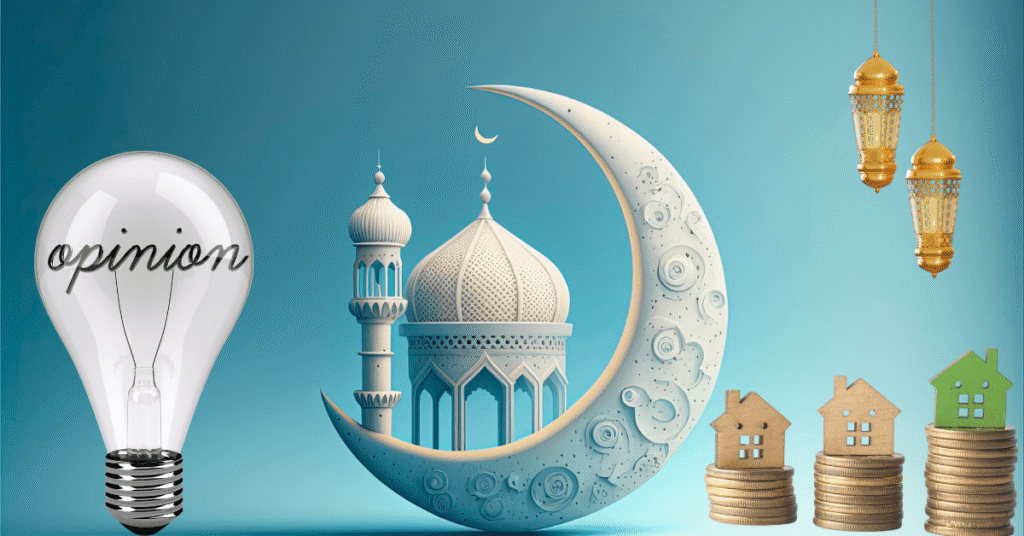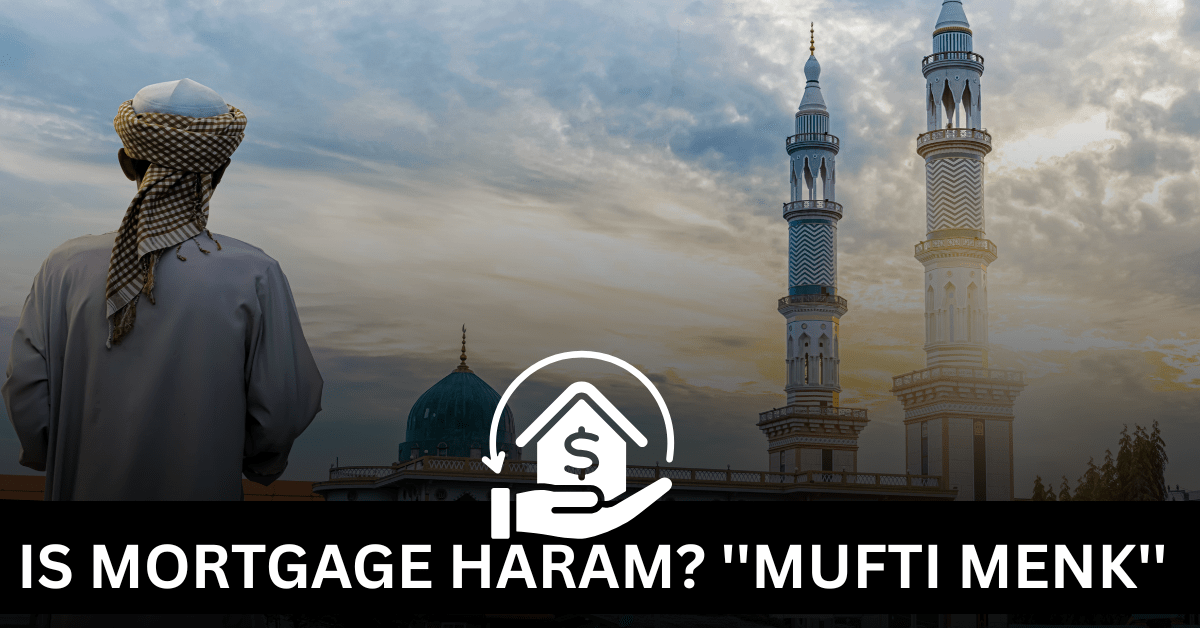Today, we will be addressing a commonly debated topic within the Islamic community – whether or not taking out a mortgage is considered haram (forbidden) according to the teachings of Islam. To shed light on this matter, we will be referring to the insightful opinion of renowned Islamic scholar Mufti Menk.
Understanding Mortgages and Riba
Before delving into the topic, it is essential to familiarize ourselves with the concept of mortgages and the prohibition of riba (usury or interest) in Islam. A mortgage is a loan typically used to purchase a property, where the lender charges interest on the borrowed amount. Riba, on the other hand, refers to the practice of charging or paying interest on loans.
As Muslims, the Quran explicitly prohibits engaging in any form of riba transactions, as it is considered unjust and exploitative. Allah (SWT) says in Surah Al-Baqarah (2:275):
“Those who consume interest cannot stand [on the Day of Resurrection] except as one stands who is being beaten by Satan into insanity. That is because they say, ‘Trade is [just] like interest.’ But Allah has permitted trade and has forbidden interest.”
In light of this prohibition, many Muslims are often skeptical about obtaining a mortgage due to the presence of interest in the transaction. However, Mufti Menk provides a pragmatic viewpoint that considers the circumstances of individuals.
Mufti Menk’s Opinion on Mortgages
In one of his lectures, Mufti Menk explains that while riba is unequivocally forbidden in Islam, there is a difference of opinion among scholars regarding modern-day mortgages. He highlights that some scholars argue that taking out a mortgage for personal residence falls under the concept of necessity (darurah) or need (hajah), allowing for some flexibility.
Mufti Menk emphasizes that if one has thoroughly explored all halal alternatives and is unable to find a viable solution, the permissibility of taking out a mortgage can be considered in certain cases. The intention should be to fulfill a genuine need while striving to minimize the involvement of riba as much as possible.

Conditions set by Mufti Menk
It is important to note that Mufti Menk sets certain conditions before considering the permissibility of mortgages:
- There should be a genuine need for housing, such as providing a stable and comfortable environment for one’s family.
- All halal alternatives must be exhausted before resorting to a mortgage. This includes exploring options like renting, saving, or seeking financial assistance from family and the community.
- The mortgage should be obtained from the institution or lender with the least involvement in riba-based activities.
- The contract should be structured in a manner that minimizes the amount of interest paid. For instance, opting for a fixed-rate mortgage rather than an adjustable-rate mortgage can help reduce uncertainty and minimize interest payments.
- The intention behind obtaining the mortgage should be solely for acquiring a residence and not for speculative investment purposes.
- It is advisable to seek proper guidance and clarification from knowledgeable scholars before making a decision.
Frequently Asked Questions Of Is Mortgage Haram Mufti Menk: Unveiling The Truth
Is Mortgage Considered Haram In Islam?
Mortgage in Islam is a controversial topic. Some scholars believe it is haram due to interest, while others have a more nuanced view based on certain conditions.
What Are The Conditions For A Halal Mortgage?
In order for a mortgage to be considered halal, it must adhere to several conditions, such as no interest, shared ownership, and transparent agreements.
How Does an Islamic Mortgage Work?
Islamic mortgages, also known as Murabahah, work on the principle of cost-plus financing, where the bank purchases the property and sells it to the buyer at an agreed-upon price, with deferred payments.
Are There Alternatives To Conventional Mortgages In Islam?
Yes, there are alternatives like Ijarah, Musharakah, and Diminishing Musharakah, which adhere to Islamic principles and provide options for Muslims who wish to avoid conventional mortgage practices.
Conclusion
In conclusion, the topic of whether mortgages are halal or haram remains a matter of scholarly debate. Mufti Menk’s opinion provides a balanced perspective, considering the individual circumstances and the intention of the individual.
Ultimately, it is crucial for Muslims to seek proper guidance from knowledgeable Islamic scholars, who can help navigate the complexities of the modern financial world while adhering to the principles of Islam. Remember, Islam is a religion that encourages responsible financial planning, ethical conduct, and mindful decision-making that benefits individuals and society as a whole.
May Allah (SWT) guide us in making the best choices and grant us success in this world and the Hereafter. Ameen.
Ismail Hossain is the founder of Law Advised. He is an Divorce, Separation, marriage lawyer. Follow him.





Leave a Reply